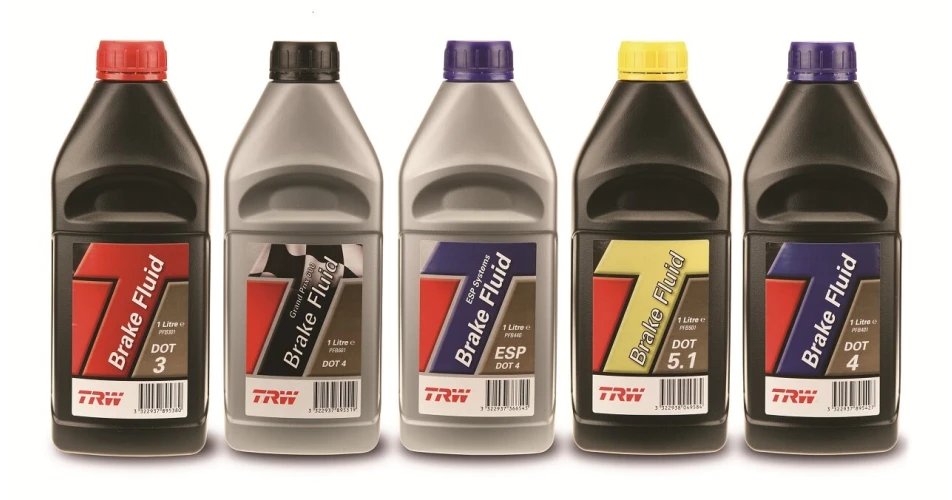ZF Aftermarket is emphasising the import role that brake fluid plays in braking performance and urging workshops to check brake fluid regularly on a vehicle and replace it on an annual basis.
Brian Newell Technical Field Sales Manager, ZF Aftermarket says, “Brake fluid plays an important role in ensuring that the brake system runs smoothly and therefore in maintaining driving safety. As the consistency of the brake fluid changes over time, the fluid must be changed regularly to prevent deterioration in brake force, or in the worst case scenario, brake failure.”
Various influences can greatly affect the condition of the brake fluid overtime. For example, severe overheating, which can happen if the brakes are over used on a hill, can raise the boiling point of the liquid. This is called an evaporative reaction and in turn can lead to the formation of bubbles. It means when the brake pedal is pressed the air bubbles are compressed, but hardly any force, if any, is transmitted. The lack of power transmission ultimately leads to a brake failure.
Also over time, brake fluid can absorb water through small gaps in the joints of pipes and hoses and this can seriously affect the way in which it performs. The weak point is often the ventilation hole in the cover of the tank, which provides necessary ‘atmospheric’ ventilation to deal with fluctuating brake fluid levels. However, atmospheric humidity can also enter in this ventilation hole. In addition, water can make its way into the overrun tank when the engine or the vehicle is cleaned. The brake hoses and sealing elements can also be responsible for increased water content in the brake fluid, as water can diffuse through them.
On average, brake fluids have a water content level of around 0.05 per cent, which increases year on year. When the 3 per cent mark is exceeded, the boiling point of the fluid drops from between 205 and 260°C, the dry boiling point to between 140 and 180°C, the wet boiling point. If the water content exceeds 3.5 per cent, it’s vital the fluid is changed as the wet boiling point has been breached, and the brake fluid could now “boil” under braking causing serious danger.
ZF Aftermarket offers a broad portfolio of TRW brake fluids which covers most vehicle types. According to ZF, TRW brake fluids ensure perfect braking behaviour from -50°C to +50°C, offer optimal protection against corrosion and react quickly to the system sensors installed in the latest brake systems, such as ESP.
